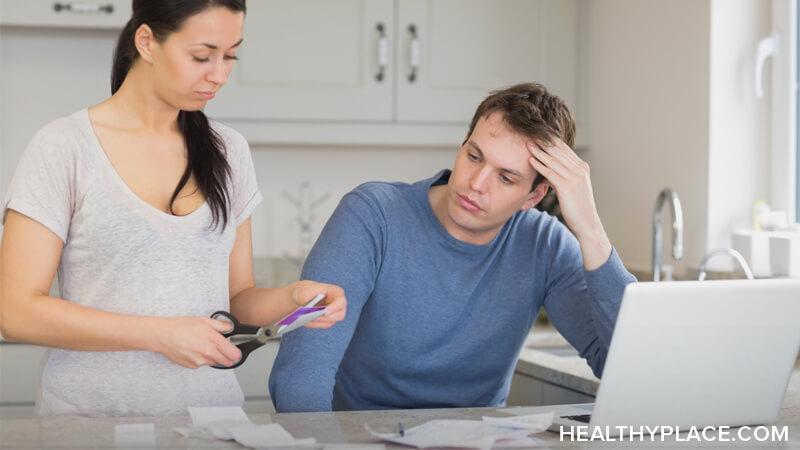Is Excessive Spending a Sign of Depression?

Have you ever wondered whether your burning desire to shop has a link to depression? Well, you may be right. Read on to know if excessive spending is a sign of depression.
The Link Between Excessive Spending and Depression
According to Chrysalis, there is a link between money and depression.
"When feeling low or depressed, many people lack the motivation to manage their money effectively and end up spending spontaneously or erratically. When you're low, spending money on the things that make you happy can give you a brief high and a temporary feeling of happiness. However, this high can often lead you to overspend, creating additional stress and worry."1
But I could have told you there is a link between excessive spending and depression, as it is a part of my lived experience. I struggle with saving money when it comes to lipstick, especially since the pandemic struck in 2020. Buying lipsticks of various colors and finishes delights me, and thanks to online ads, it's harder to ignore their existence. I am often low, and my mind typically reminds me to buy a lipstick or two to feel better. Sometimes, I give in even when I know I should not, and I have even made impulse purchases.
This kind of shopping makes me happy for a while, but in the long run, it hurts my bank balance and makes me ashamed. After all, who feels proud about losing control over their spending habits? And when it happens one time too many, it is hard to forgive yourself and try again.
Watch the video below to learn how I stop myself from buying more than one lipstick at a time, even though excessive spending is tied to depression.
Excessive Spending Versus Compulsive Spending in Depression
Please note that excessive spending in depression is not the same as compulsive spending. Priory defines the latter as follows:
"Compulsive spending--which is also known as oniomania, shopping addiction, and pathological buying--is when a person feels an uncontrollable need to shop and spend, either for themselves or others."2
I want to clarify that while I have difficulty controlling an excessive spending urge to buy lipsticks when depressed, I do not have a shopping addiction. If you think you have a shopping addiction, be kind to yourself because people with depression are prone to it. Plus, no one chooses an addiction. So, choose self-care and seek professional help to cope with compulsive spending. Even if you don't have oniomania, money management is essential. As a matter of fact, I am going to bring this up in my next therapy session. It will probably be a hard conversation, but it will be worth it.
Sources
-
Depression & money: is spending money a sign of depression? (n.d.). Chrysalis Courses. https://www.chrysaliscourses.ac.uk/news/depression-money-is-spending-money-a-sign-of-depression
-
Compulsive shopping and spending – a sign of shopping addiction? (n.d.). Priory. https://www.priorygroup.com/blog/compulsive-shopping-and-spending-a-sign-of-shopping-addiction
APA Reference
Shaikh, M.
(2023, August 23). Is Excessive Spending a Sign of Depression?, HealthyPlace. Retrieved
on 2026, March 5 from https://www.healthyplace.com/blogs/mentalhealthforthedigitalgeneration/2023/8/is-excessive-spending-a-sign-of-depression
